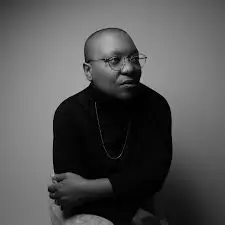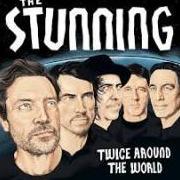-
Recently Browsing 0 members
- No registered users viewing this page.
-
Latest Activity
-
By Monty Pythagoras · Posted
Openers/Early in the day acts: Olivia Dean Barry Can't Swim Sofia Kourtesis -
Yup - simz, streets, orbital problem is baaaaad (particularly as I’d accept any of them as a headliner and I don’t have a Saturday one yet!)
-
From 10am, so fine if you've been to bed at about 2, awful if you've finally stumbled back at 6:30am
-
-
Latest Festival News
-
Featured Products
-

Monthly GOLD Membership - eFestivals Ad-Free
2.49 GBP/month
-
-
Hot Topics
-
Latest Tourdates
















Recommended Posts
Join the conversation
You can post now and register later. If you have an account, sign in now to post with your account.